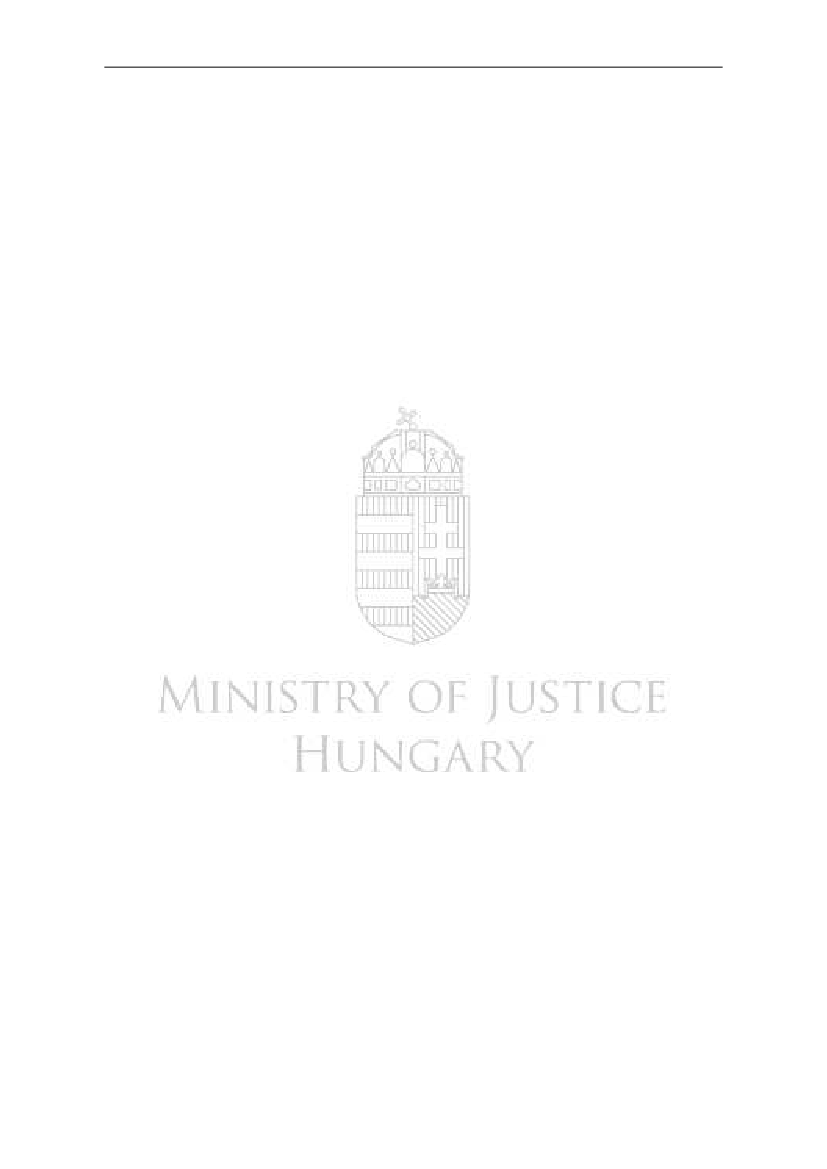
Courtesy translation of Act XII of 2020 on the containment of coronavirus
Act XII of 2020
on the containment of coronavirus
*
The National Assembly, in order to enable the Government to take all extraordinary
measures necessary for the prevention of the human epidemic occurred in 2020 causing
massive disease outbreaks caused by COVID-19 infection, and for the elimination of its
consequences; bearing in mind especially that due to the human epidemic, the National
Assembly might be unable to hold sittings; conscious that in times fraught with danger,
responsible decisions need to be taken, and even if the measures already taken and potentially
to be taken appear to be unaccustomed and strange restrictions, compliance with them as well
as joining forces and discipline may be the most essential reserves of Hungarians;
acknowledging joint action, national coming-together, and the committed work of those
working in healthcare and law enforcement, and everyone else involved; for the purpose of
granting authorisation to the Government to extend the applicability of its decrees adopted
during the period of state of danger, and determining the framework for this authorisation,
adopts the following Act:
Section 1
This Act lays down specific rules in connection with the state of danger declared,
on the basis of Article 53(1) of the Fundamental law, by the Government in Government
Decree 40/2020 (11
March) on the declaration of state of danger (hereinafter “Decree”)
for
the prevention of the human epidemic endangering life and property and causing massive
disease outbreaks, the elimination of its consequences and the protection of the health and
lives of Hungarian citizens (hereinafter “state of danger”).
Section 2
(1) During the period of the state of danger, in addition to the extraordinary
measures and rules laid down in Act CXXVIII of 2011 on disaster management and
amending certain related Acts, the Government may, in order to guarantee that life, health,
person, property and rights of the citizens are protected, and to guarantee the stability of the
national economy, by means of a decree, suspend the application of certain Acts, derogate
from the provisions of Acts and take other extraordinary measures.
(2) The Government may exercise its power under paragraph (1) for the purpose of
preventing, controlling and eliminating the human epidemic referred to in the Decree, and
preventing and averting its harmful effects, to the extent necessary and proportionate to the
objective pursued.
Section 3
(1) On the basis of Article 53(3) of the Fundamental Law, the National Assembly
authorises the Government to extend the applicability of the government decrees under
Article 53(1) and (2) of the Fundamental Law adopted in the state of danger until the end of
the period of state of danger.
(2) The National Assembly may withdraw the authorisation under paragraph (1) before the
end of the period of state of danger.
(3) The National Assembly confirms the government decrees referred to in paragraph (1)
that have been adopted after the entry into force of the Decree, but before the entry into force
of this Act.
Section 4
The Government shall regularly provide information on the measures taken to
eliminate the state of danger until the measures are in effect at the sittings of the National
*
The Act was adopted by the National Assembly at its sitting of 30 March 2020.
1